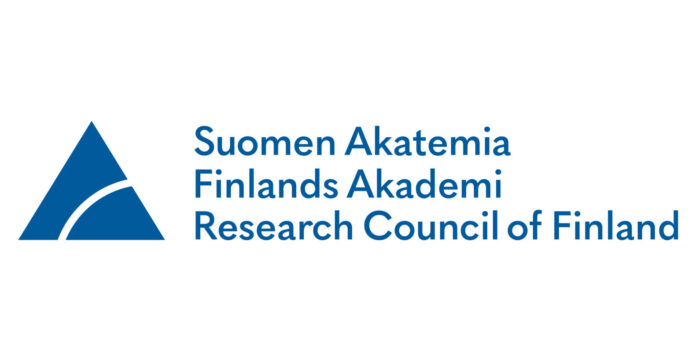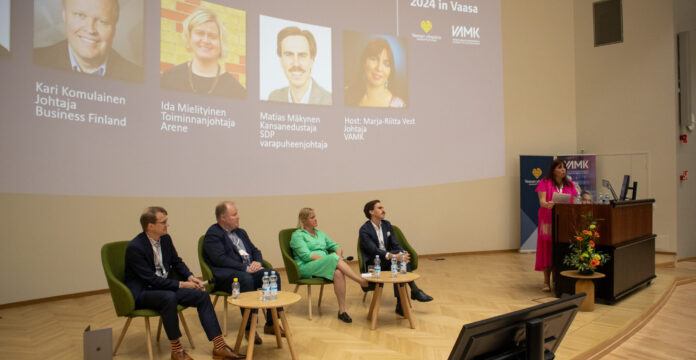COST (European Cooperation in Science and Technology) is a funding organization for networking especially in innovation and research. COST Actions help all fields of research initiatives around Europe to connect and enable researchers to grow their ideas by shearing the ideas with those with similar interests. COST Actions are bottom-up networks with a duration off four years.
Both early-stage researcher and experienced professor can take part in COST Actions. Researchers taking part can be from academia, public organization, industry, NGOs or from some International Organization. There are 41 European member countries in COST whilst Israel is cooperating member and South Africa is a partner member.
“COST provides funding for research coordination and capacity building activities. COST is not funding research itself, but pooling resources and research results by networking.” Researcher can take part in Actions in two different ways.
- You can propose a new COST Action in your area of expertise.
- You can participate in ongoing Action. You can find all the actions here.
Proposer of a new COST Action
If you can´t find an ongoing Action that suits your area of expertise, you may propose a new COST action. The call is open almost the whole year, with the collection date usually in the end of October. 70 COST Actions are approved per collection. The online submission of proposals is one-stage. Proposals should focus on Scientific and technological Excellence, networking excellence, impact and implementation.
COST Action consist of different kind of networking tools like workshops, training schools, short-term scientific missions, virtual networking grants, dissemination and working group meetings.
For the network you have to gather minimum 7 countries that take part in your action. One Action lasts 4 years and budget is around 150 000 €/ year and it is for Research coordination and capacity building activities. All the participants must sign Memorandum of Understanding (project plan).
Participate in an ongoing Action
You can browse all the actions here and find the action in your field. You may read the project plan (MoU) and identify your own potential contribution. You may also browse the action´s own website and check their activities. If you find an interesting Action you should identify the opportunities to join contact the person responsible of said Action and contribute.
You may take part in a Action as a management committee member, as a working group participant or as a participant in Action activities. In the last case this means that you can participate in a short-term scientific mission, ITC conference grant, training school, workshop/ conference, etc. More info about these in the Action´s website.
What do you benefit of COST Actions?
COST Actions provide an open space for free circulation of researchers and ideas. By networking one helps to advance knowledge and innovation and increase interconnectedness with the whole research community across Europe and beyond. Together Actions promote global research cooperation and widen access to excellence.
In COST Actions you may find new interesting and emerging scientific topics and get access to different research infrastructures (through short-term scientific missions) and find opportunities for training. One may also more easily identify co-authors for scientific papers. This is also a great way to boost your career, especially if you are an early-stage researcher! By connecting and with more mobility you get more visibility!
From COST website:
” COST Actions are a career accelerator for young researchers. 88% indicate that participation has led to advancement”
“COST Actions act as a pre-portal to other funding instruments. Follow-up proposals from COST Actions have a 37% success rate, which leads to 5.8 million spin-off funding per Action”





